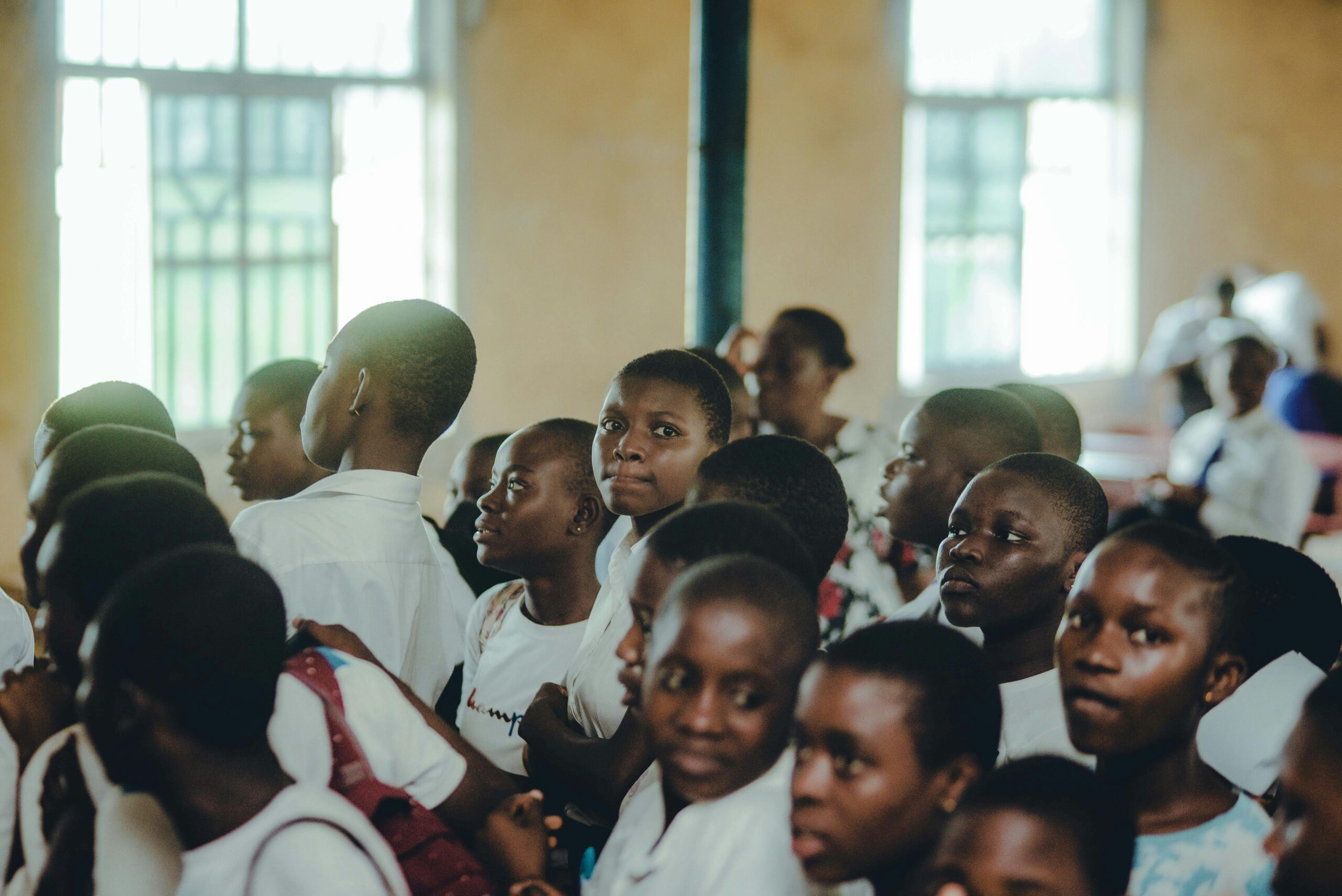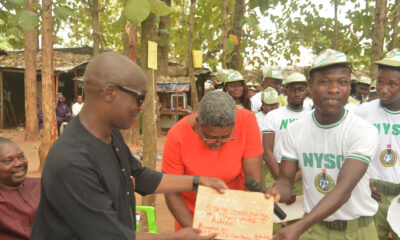Features
Deborah Olusanu: What Does the Future Hold for Young Nigerians in Education?

According to a UNICEF report, “Nigeria faces a severe learning crisis, with over 70% of children lacking foundational literacy and numeracy (FLN) skills.” This became more pronounced because even now, some privately-owned schools in rural Nigeria operate without certified teachers or standard infrastructure. I’ve seen it firsthand, the startling reality of thousands of children. I walked into my NYSC Primary Place of Assignment (PPA) completely demoralised. The school, or should I say, the venue of learning, was nothing like what we call a school.
Wooden boards sealed with tarpaulin served as partitions between classrooms. These makeshift barriers didn’t stop the noise or provide any real privacy. There were constant external sounds, distractions, and the pungent stench of urine that hit you like a slap as soon as you stepped in.
Why should the leaders of tomorrow be made to learn under the toxic fumes of stale urine mixed with cigarette smoke coming from outside? The toilet was located between two makeshift classrooms, right in the corridor, not even outside. The heat was unbearable. And teachers and NYSC members were trying to bring order to this chaos, trying to plant seeds of knowledge in soil that had been neglected for too long.
Education is not a business. It is a calling. It is a sacred responsibility one planted to secure the future of our children. Yet somehow, owning a school has become the go-to retirement plan for anyone with a plot of land and a few planks.
“It’s just to hire teachers and open shop,” some say.
Schools are not like stores, and children are not customers. We cannot afford to promote ignorance as if it were a product. While I recognise that everyone has to start somewhere, we must not do so at the cost of children’s futures. These children will navigate through a flawed educational system and ultimately find themselves in the same job market as those who received a quality education. However, the odds are already stacked against them.
One of my students, Blessing, was the class captain. I once asked her to spell the word “education.” She looked at me shyly and spelt it, “edikashun,” with a confidence that was heartbreaking. This was not her fault; it was a result of the system failing her.
One particularly hot afternoon when the sun seemed to have a grudge against humans, I stepped outside my compound to get something. Then I saw Blessing and her little siblings trudging home, her uniform soaked in sweat, her feet covered in dust.
I stood there, frozen, ashamed and powerless. How can a child go through all that and still not be able to spell her name? These children are expected to compete in exams, in interviews, in life with those who sat in air-conditioned classrooms with working libraries and trained teachers. How is that fair?
The tragedy is that many of these “schools” are established solely for profit. Little to no investment is made in teacher training, hygiene, facilities, or even safety. The goal is to keep expenses low and enrollment high.
It’s time to stop pretending that education is a commodity for everyone to sell. There should be clear and enforceable government policies regulating the private ownership of schools. Schools should not be able to operate without meeting minimum standards, such as having qualified teachers, adequate sanitation, actual classrooms, and necessary learning materials. Critical inspections, proper licensing, and accountability structures must be established. Until then, we will continue raising children in buildings no better than barns while expecting miracles from them at WAEC, NECO, and in life.
We should not compromise our children’s future for personal gain. A school is not a business venture; it is a legacy, a responsibility, and a trust. If we are to build schools, let us create institutions worthy of the minds we are nurturing within them. So, we must ask ourselves: Should everyone truly be allowed to own a school?
***
Featured Image by Tosin Olowoleni for Pexels.





















